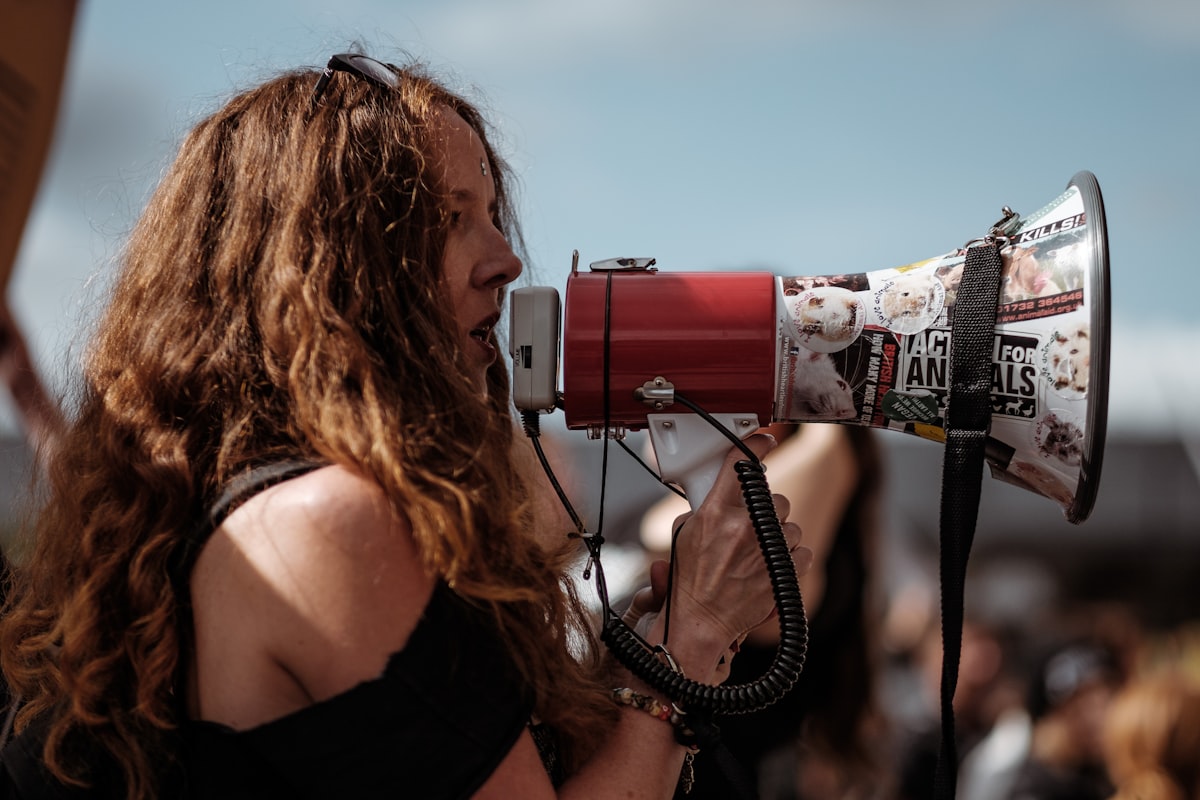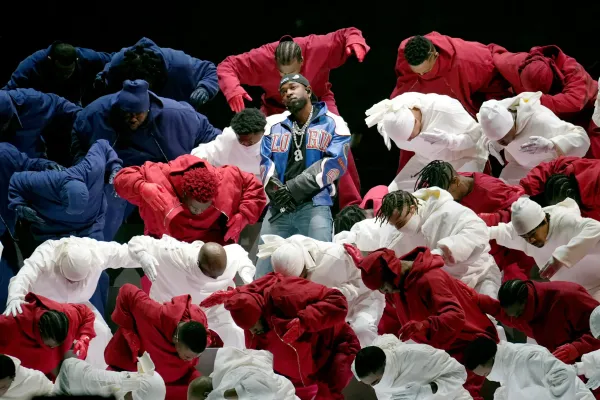Changing Norms

At every time in human history, the norms and customs of the time have been challenged. Usually by some small but growing fringe group with the belief to demand change. Looking back on previous societal norms we're shocked and sometimes appalled at what was deemed acceptable back then.
Most religions begin this way. Christianity began as a small movement and faced persecution from the Roman and Jewish establishment. Their radical beliefs were rejected by society because they challenged the accepted wisdom of the time. Until the 4th century, it remained a minority religion and has shaped civilization ever since.
It's hard to believe what was acceptable in those times. One of the largest organisations of our time was once rejected as too radical. The same can be said for many of the norms and institutions that exist today. At one time slavery was accepted as a part of society, and a war was fought to maintain it. Women were not allowed to vote because that's how the world worked. In the business world, many successful companies were once rejected or mocked for their ideas.
Defending The Known
Resisting change is a core aspect of the human condition. We're creatures of habit. We are naturally inclined to continue doing what works even at the promise of improvement. At a personal level, it's why establishing new habits is so difficult.
When change affects society as a whole the same reluctance to change reemerges. The current conditions worked for me so why change it? As societies of the past defended their norms we do the same.
Today we look back at the norms people defended and question their morality. Why persecute others in the first place? But norms are so ingrained into our culture that few ever question them. Just as we accept norms that tell us what's acceptable to wear, we accept norms that tell us others are worthless or incapable of making decisions. How many of us regularly challenge these norms or even question them internally?
What Would You Do?
If we were born and raised in the 1st century would we be appalled about the treatment of early Christians? Or appalled at their challenge of our beliefs?
Maybe some of us would be better, but culture and society shape our beliefs more than we'd like to believe.
Looking at challenges to norms today it's important to look at our history. Will our descendants be aghast at our resistance the way we are of our ancestors? Are we the establishment clinging to the status quo? It's impossible to be certain but history shows that the norms we accept now were once resisted like a virus.




